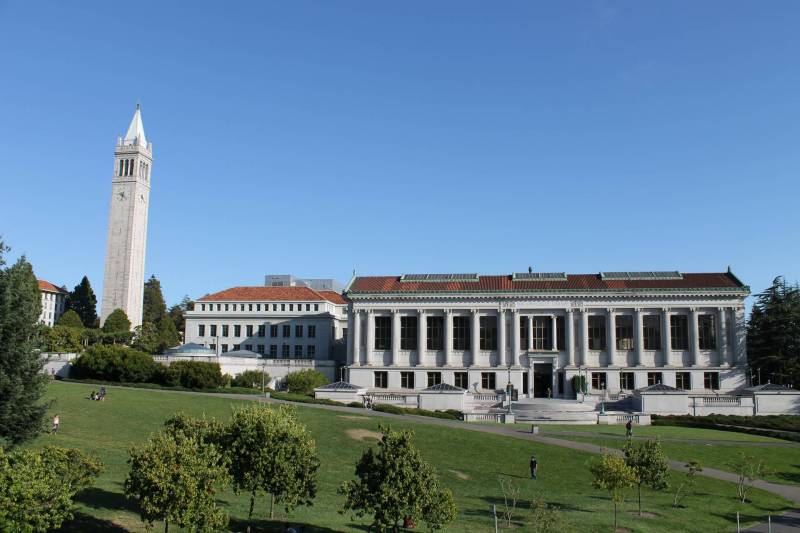After massive uproar from the Berkeley community and beyond, UC Berkeley has withdrawn its plan to shutter its much-beloved 50-year-old South/Southeast Asia Library, or S/SEAL, in order to turn the area into more office space.
The university issued a call for comments on their proposal on March 8 to the university community, with a deadline to submit comments by April 9, but called off the potential closure more than two weeks before the original deadline in the face of mounting pressure.
Monday’s announcement has “brought untold relief” said Paula Varsano, chair of the Department of South and Southeast Asian Studies. “The immediate outcry that the proposal provoked, not just on this campus or in our state, but from around the world, was so heartfelt and so powerfully expressed,” adding that “the repercussions of moving forward with the plan would have been much more severe than they [the university and library leadership] had imagined.”
Varsano thanked all those who advocated on behalf of preserving the “precious resource.”
The S/SEAL is a 2,200-square-foot room on the first floor of the school's Doe Library. Its collection covers 19 countries, represents over 30 languages and is made up of roughly 6,400 reference materials and periodicals, according to the school.

